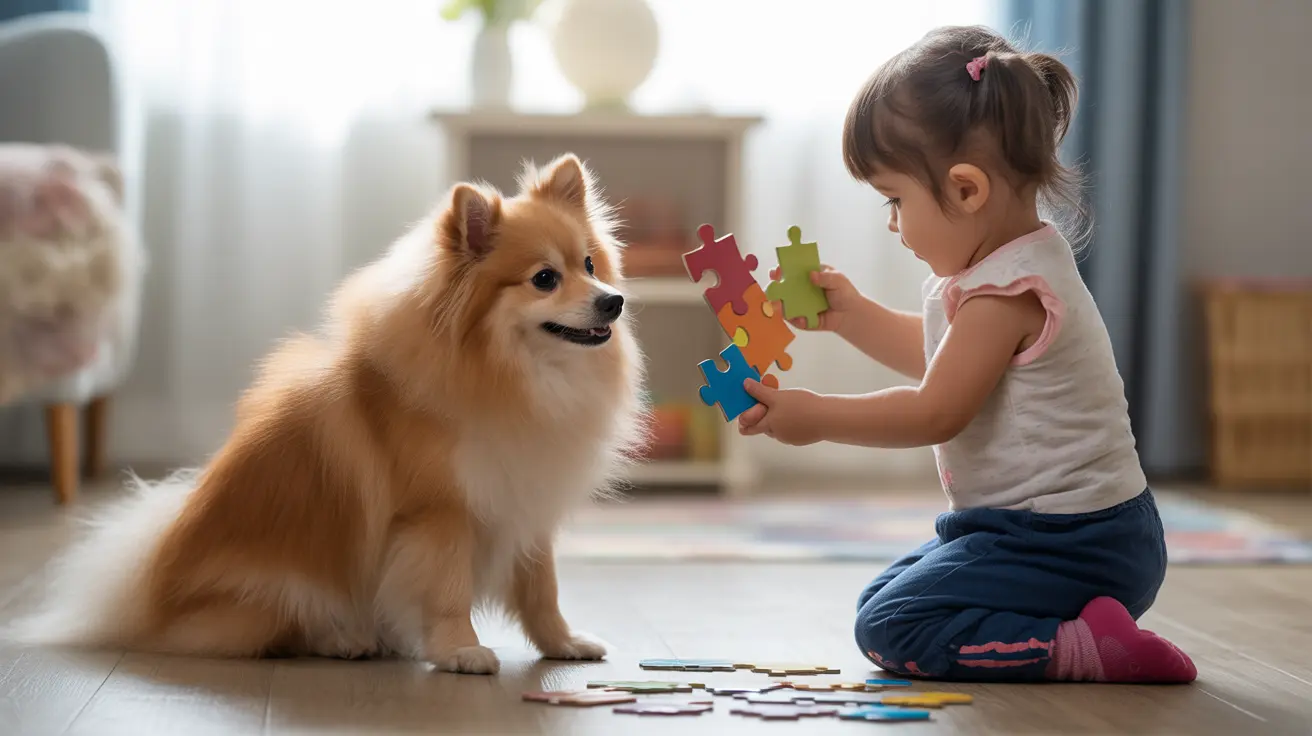The question of whether rats are as smart as dogs has intrigued scientists and animal enthusiasts alike. Both species demonstrate remarkable cognitive abilities, but their intelligence manifests in fascinatingly different ways. This comprehensive comparison explores how rats and dogs measure up in various aspects of intelligence, from problem-solving to social cognition.
Recent scientific research has revealed surprising insights into rat intelligence, challenging traditional assumptions about these highly adaptable rodents. Meanwhile, dogs' cognitive abilities, shaped by thousands of years of human companionship, showcase different but equally impressive capabilities.
The Science of Animal Intelligence
Intelligence in animals isn't a simple measure but rather a complex combination of different cognitive abilities. Both rats and dogs excel in various areas, though their strengths often differ based on their evolutionary needs and environmental adaptations.
Studies have shown that rats possess sophisticated metacognition abilities - essentially, the capacity to think about their own thinking process. This advanced cognitive trait puts them in the company of highly intelligent species like dolphins and primates.
Learning and Problem-Solving Capabilities
Rats demonstrate exceptional learning speed and cognitive flexibility. Research at KU Leuven University found that rats could actually outperform humans in certain pattern-recognition tasks, showing remarkable ability to apply learned knowledge to new situations.
Dogs, while perhaps not as quick at pattern recognition, excel in different areas. Their ability to understand and respond to human social cues is unparalleled, making them particularly adept at tasks involving human interaction and communication.
Memory and Spatial Navigation
Rats possess impressive episodic and spatial memory capabilities. They can navigate complex mazes, remember specific events, and retain information about their environment for extended periods. Their ability to create detailed mental maps of their surroundings is particularly noteworthy.
Dogs demonstrate strong memory capabilities as well, particularly in contexts involving social interactions and routines. They excel at remembering human faces, commands, and locations significant to their daily lives.
Social Intelligence and Emotional Capacity
Contrary to popular belief, rats exhibit sophisticated social intelligence. They can recognize their owners, form strong social bonds, and even show empathy toward other rats in distress. Studies have demonstrated their capacity for cooperative behavior and social learning.
Dogs are renowned for their social-emotional intelligence, particularly in human interactions. Their ability to read human emotions, respond to subtle social cues, and form deep emotional bonds has been well-documented through extensive research.
Training and Adaptability
Both species show remarkable trainability, though their motivations differ. Rats excel at learning tasks involving food rewards and spatial challenges, while dogs thrive on social rewards and tasks involving human interaction.
Environmental enrichment plays a crucial role in developing intelligence for both species. Regular mental stimulation through training and problem-solving activities is essential for maintaining their cognitive abilities.
Frequently Asked Questions
Are rats as smart as dogs when it comes to learning and problem-solving?
Rats and dogs show different types of intelligence in learning and problem-solving. Rats excel at quick pattern recognition and spatial problems, while dogs show superior performance in tasks involving social learning and human interaction.
How do the social intelligence and bonding abilities of rats compare to those of dogs?
Both species demonstrate strong social intelligence, but in different ways. Rats form complex social hierarchies and show empathy within their groups, while dogs excel at cross-species social bonding and understanding human emotional cues.
Can rats be trained like dogs, and what kinds of tasks do they excel at?
Yes, rats can be trained effectively using positive reinforcement. They excel at maze navigation, pattern recognition, and tasks requiring fine motor skills. Dogs typically excel at command-based training and tasks involving social cooperation.
What types of memory and cognitive skills do rats have compared to dogs?
Rats demonstrate exceptional spatial memory and pattern recognition abilities. Dogs show strong social memory and excel at remembering human-related contexts and commands.
In what ways do rats and dogs demonstrate different types of intelligence shaped by their environments and evolution?
Rats' intelligence evolved for survival in diverse environments, leading to strong problem-solving and adaptability skills. Dogs' intelligence was shaped by domestication, resulting in superior social cognition and human-oriented learning abilities.
The debate over whether rats are as smart as dogs ultimately reveals that intelligence isn't a simple linear measure. Both species possess remarkable but different cognitive abilities, each suited to their evolutionary history and environmental needs.






